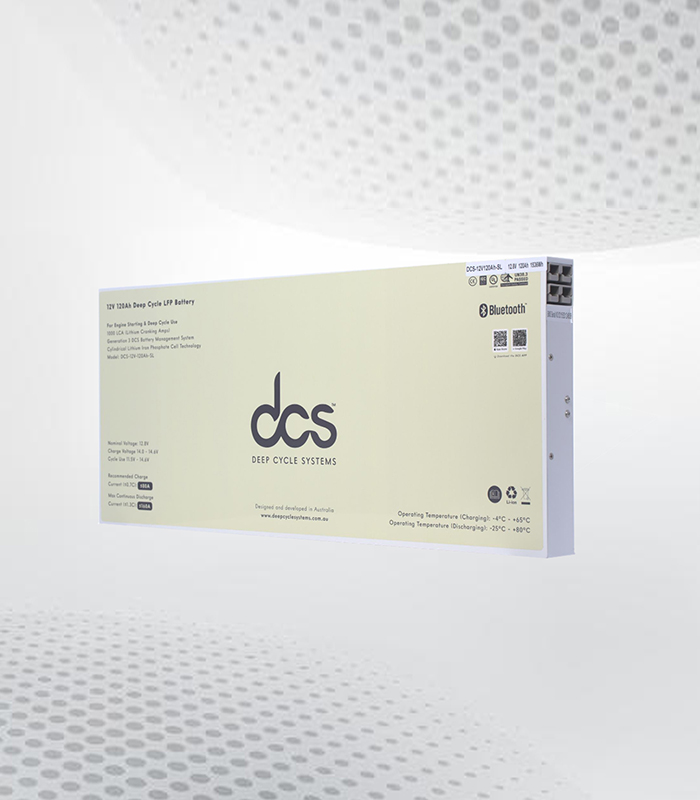In the ever-evolving field of healthcare, recruiting the right talent is more crucial than ever. The healthcare sector is facing unprecedented challenges, from a shortage of skilled professionals to the increasing demand for specialized roles. As the industry grows and adapts to new technologies and patient needs, the importance of mastering recruitment strategies cannot be overstated. Successful healthcare recruitment directly impacts patient care, organizational efficiency, and the bottom line. However, the task is daunting, with high turnover rates and competition for top talent making it harder for organizations to maintain a stable workforce.
This blog delves into the intricacies of healthcare recruitment, revealing best practices that can help organizations attract, hire, and retain the best talent. From identifying the right skills and crafting compelling job descriptions to utilizing technology and enhancing employer branding, these strategies are designed to equip healthcare recruiters with the tools they need to excel in this dynamic environment.
Recruitment Strategies in Healthcare
- Developing an Effective Recruitment Strategy
Developing effective recruitment strategies in healthcare is fundamental to attracting the right talent in healthcare. The first step involves identifying the specific skills and qualifications needed for each role. Healthcare positions are diverse, ranging from clinical roles such as nurses and physicians to administrative and support staff.
Each role requires a unique set of skills and qualifications, making it essential for recruiters to have a clear understanding of the competencies required. This includes both hard skills, such as medical knowledge and technical abilities, and soft skills, such as communication and empathy. Creating detailed and clear job descriptions that outline these requirements is crucial in attracting qualified candidates who are well-suited for the role.
Once the right talent has been identified, sourcing candidates becomes the next focus. Utilizing job boards and career sites specific to healthcare can help target professionals actively seeking opportunities in the field. Additionally, building partnerships with educational institutions can also be a fruitful avenue for sourcing fresh talent, as it allows organizations to connect with students and graduates entering the healthcare workforce.
Employer branding plays a crucial role in attracting and retaining healthcare talent. A strong employer brand conveys the organization’s culture, values, and mission, making it an appealing choice for candidates who resonate with these attributes. In healthcare, where professionals are often motivated by a sense of purpose and a desire to make a difference, showcasing organizational culture and values is particularly important.
Furthermore, a compelling employer brand not only attracts candidates but also enhances employee retention. When employees feel connected to an organization’s mission and values, they are more likely to remain committed and engaged in their roles. This, in turn, contributes to a positive work environment and improves overall job satisfaction. In a competitive healthcare market, where skilled professionals have numerous options, organizations with a strong employer brand stand out as employers of choice.
- Screening and Selection Process
The screening and selection process is a critical phase in healthcare recruitment, where organizations evaluate candidates to ensure they possess the right skills, qualifications, and cultural fit. Streamlining the interview process is essential for efficiently assessing candidates and making informed hiring decisions. Structured interviews tailored to healthcare roles help maintain consistency and fairness, allowing interviewers to evaluate each candidate based on predetermined criteria.
Utilizing behavioral and situational interview techniques can provide valuable insights into how candidates have handled past challenges and how they might approach potential scenarios in a healthcare setting. This approach not only assesses technical competencies but also gauges candidates’ problem-solving abilities, interpersonal skills, and alignment with the organization’s values.
Assessing candidate fit involves evaluating both technical skills and cultural alignment. In healthcare, where patient interactions and teamwork are paramount, soft skills such as empathy, communication, and adaptability are just as important as clinical expertise. Employers must carefully assess how well candidates align with the organization’s culture, as a strong cultural fit can lead to higher job satisfaction and longer employee tenure. Leveraging assessment tools and simulations can provide a comprehensive view of candidates’ capabilities, allowing employers to make data-driven decisions.
Background checks and credential verification are integral components of the healthcare hiring process, ensuring patient safety and regulatory compliance. Thorough background screening involves verifying candidates’ criminal records, employment history, and education credentials, reducing the risk of hiring individuals with a history of misconduct or falsified qualifications. In the healthcare industry, where patient care is of utmost importance, rigorous background checks are non-negotiable, as they mitigate potential risks and protect the organization’s reputation. Credential verification is equally essential, confirming that candidates possess valid licenses and certifications required for their roles.
Compliance with industry regulations, such as HIPAA, is another critical aspect of the screening process. Employers must ensure that candidates understand and adhere to privacy laws and data security protocols, safeguarding patient information and maintaining trust. Reference checks provide additional insights into candidates’ work history, performance, and professional conduct, helping employers make informed hiring decisions.
Click on the link if you want to read about Empowering Patients and Partners: The Impact of Medical Sales Nurses
- Onboarding and Retention Strategies
A comprehensive onboarding program sets the stage for a positive employee experience, providing new hires with the tools and knowledge they need to succeed. Structured orientation sessions introduce employees to the organization’s policies, procedures, and culture, helping them acclimate quickly and confidently.
Ongoing training and professional development opportunities further enhance employees’ skills and keep them engaged in their roles. By prioritizing a well-designed onboarding process, healthcare organizations can reduce turnover, improve job satisfaction, and increase overall productivity.
Retention strategies play a vital role in maintaining a stable workforce and reducing the costs associated with high turnover rates. Offering competitive compensation and benefits packages is crucial in attracting and retaining top talent, as employees are more likely to stay with an organization that values their contributions. Building a positive work environment and culture, where employees feel supported and valued, is equally important.
By providing career advancement opportunities and mentorship programs, organizations can encourage employees to grow within the company, increasing their sense of loyalty and commitment.
Leveraging technology for onboarding and retention can also enhance the employee experience, with HR software and engagement platforms facilitating seamless communication and feedback. By implementing these strategies, healthcare organizations can build a loyal and motivated workforce, ultimately contributing to improved patient care and organizational success.
- Measuring Recruitment Success
Measuring recruitment success is essential for evaluating the effectiveness of strategies and identifying areas for improvement. Key performance indicators (KPIs) provide valuable insights into the recruitment process, helping organizations track progress and make data-driven decisions. Time-to-hire metrics, for example, assess the efficiency of the recruitment process, indicating how quickly positions are filled.
Candidate quality and satisfaction surveys offer feedback on the hiring experience, highlighting areas where improvements can be made. Retention and turnover rates are also critical metrics, reflecting the long-term success of recruitment efforts and the organization’s ability to retain top talent. By monitoring these KPIs, healthcare organizations can gain a comprehensive understanding of their recruitment performance and identify opportunities for optimization.
- Future of Healthcare Recruitment
The future of healthcare recruitment is poised to be shaped by innovation and technology, offering new opportunities for enhancing talent acquisition processes. Artificial intelligence (AI) and machine learning are increasingly being integrated into candidate screening, enabling organizations to analyze vast amounts of data and identify the most suitable candidates quickly.
Virtual reality (VR) is also emerging as a tool for immersive interview experiences, providing candidates with a realistic glimpse into the organization and role. Predictive analytics further enhances recruitment strategies by forecasting talent needs and identifying trends, allowing organizations to make proactive decisions.
In addition to technology, the future of healthcare recruitment will be influenced by changing workforce demographics and evolving candidate expectations. Understanding the needs and preferences of Gen Z and Millennials is essential for organizations seeking to attract and retain young professionals. These generations prioritize work-life balance, flexible working arrangements, and meaningful work experiences, making it necessary for employers to adapt their strategies accordingly.
Healthcare organizations can appeal to the values of the modern workforce by emphasizing a supportive work environment, career development opportunities, and a strong employer brand.
Conclusion:
In conclusion, mastering recruitment strategies in healthcare is essential for attracting top talent and improving organizational success. By leveraging technology and understanding workforce dynamics, organizations can stay ahead in a competitive market. Discover popular healthcare jobs near you and begin building a career in this vital industry.




